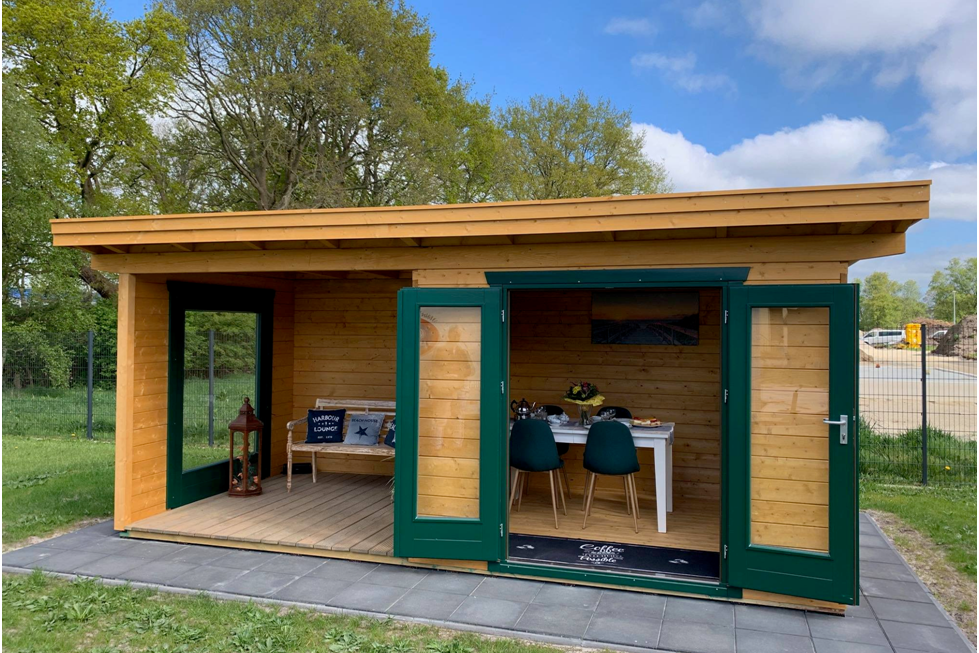The furniture hardware industry primarily relies on flexibility in a way that addresses varying demand rates and different client requirements. Manufacturing flexibility ensures that the manufacturers remain as relevant as possible, efficient when it comes to delivering the product and capable of delivering a quality product to the market. As flexible production affects B2B businesses and corporate strategy, this article examines why it is crucial and how manufacturing corporations, including cabinet hinge brands and producers of parts of a doorknob, can benefit.
Meeting Market changes
Therefore flexibility is an important aspect in manufacturing since it allows producers to operate efficiently during changing market conditions.
Managing Fluctuations of Demand during the Different Season
Requirements for furniture hardware can be cyclical depending on seasons, or construction/renovation cycles. Cabinet hinge brands are also useful because scalable production systems can be used to satisfy the peak without hitches to the supply chain systems.
Several Products and Services to Meet the Diverse Client Requirements
B2B clients generally need to order different term contracts or different amounts of hardware. Flexible manufacturing systems enable the producer to easily and quickly switch for manufacturing hundreds of thousands of standard cupboard door hinges and for producing tens of thousands of specialized components of a doorknob.
Challenges for business responses
Delays in procurement, shortage in material supply or one client comes up with an extraordinary order affects the manufacturing process. A firm that has variable throughput capacity can easily manage the risks while delivering consistent value to the clients.
Enhancing Product Variety
The fact that production processes can be easily altered enables the establishment of a number of products which serve several sectors.
Broad Product Portfolios
From sophisticated quality of customized cabinet hinges and other components to less complex yet, part of a doorknob, manufacturers can only survive in the continuous running competition if they provide diversified choices. Soft structures allow manufacturers to easily reorient the assembly lines, which in turn helps create more optimal hardware parts consistently.
Promoting Customisation Trends
More B2B clients expect the supplier to provide solutions that can only be applied on their specific project. Such demands can easily be met using flexible production lines, especially the finishing of cabinet hinges, or the actual design of door knob parts.
Scaling New Product Innovations
For manufacturing original products like new designs of cabinet hinges, ergonomic parts for doors and such other similar things, flexible manufacturing can be advantageous as it builds the offered products when new innovations are piloted, refined and disseminated in the market without intense loss making.
Enhancing Efficiency and Cut Expense
One needs to be as flexible as possible in a bid to enhance operational productivity and cut down on expense bills.
Minimizing Downtime
The functional flexible production systems are much easier to organize and manage to respond to new orders or design changes without causing major interruptions during the production. In this case, for cabinet hinge brands it snowballs into decreased delivery cycle and fewer business hindrances.
Reducing Waste
Fashion production lines with the ability to be adjusted are better for manufacturers to utilize raw materials. This is particularly the case when functional interface elements such as partials of a door knob have to be created to very tight tolerances but while using optimized material in order to keep costs down.
Reducing Supply Chains
Reducing Supply Chains: Supply chains have evolved over time and today as we can see the supply chains look like this;
Overall, both flexible production and lean manufacturing concepts complement one another, and make the supply chain unprecedentedly flow. Manufacturers can thus steer clear of the rigid production that leads to overproduction hence high inventories and cost.
Supporting Advanced Technologies
Technological changes are now making flexible production profits to an extent which was never before possible.
Automation and Robotics
By using automated machines and robotics in the assembly line design flexibility is boosted by way of making changes on the production setting. This technology is of particular benefit to companies that produce and sell instantaneous cabinet hinge brands that need manufacturing in huge quantities in a short time but require very high accuracy and precision.
IoT Integration
Internet of Things (IoT), where things mean scheduling of machines and devices, helps in monitoring the production lines in a real time manner regarding the performance of the line. For manufacturers of part of a doorknob, the data that flows through the different connected machines can indicate areas that could be tweaked for efficiency and announce signs of degeneration.
Additive Manufacturing
Small batch or prototyping is still favored for local production and another advantage of additive manufacturing or 3D printing. It makes it easier for manufacturers to trial new styles and create complex hardware parts in just a short time.
Future Trends in Flexible Production
Flexible production as a manufacturing concept has a bright future outlook with constant improvement and integration of advanced technologies in production systems observed across many industries.
Analysed data indicates that the furniture hardware industry requires flexibility of production capacities and this demand is expected to increase in future.
Customization at Scale
The future of B2B hardware manufacturing thus has to be to supply products that are as common as they are customizable. Reliable production systems will therefore allow the provision of small runs for instance a special design of a cabinet hinge, or individual parts of a doorknob without lingering in the production line.
Sustainable Manufacturing
Economies of sustainability of supplies are emerging as a major consideration in B2B relationships. Flexible production makes it easier to accommodate such measures as using recyclable material or minimizing waste in-products with regard to the client and the direction that the industry is taking.
Advanced Materials
New technological materials allow for the incorporation of flexible manufacturing in the development of strong, long-lasting, and competent products to suit the market’s requirements.
Real-time with your Client
The use of digital tools ensures that manufacturers engage with their B2B clients in real time and alter production based on the feedback obtained. This means that the finished goods; whether cabinet hinges or door knob components, are accurate to the measurements of the clients.
The ability to scale production on one or the other product is particularly important for the furniture hardware industry. Flexibility thus contributes to future business sustainability among the manufacturers as well sustaining clients through adaptation, product diversification and staying abreast with technology. Cabinet hinge brands together with other manufacturers of other essential components such as part of a doorknob could reap huge benefits from integrating efficient production systems that ‘scale up’.
The industry is constantly changing and thus the flexible businesses will be able to address the fluid business of B to B to capture the market for hardware manufacturing.



